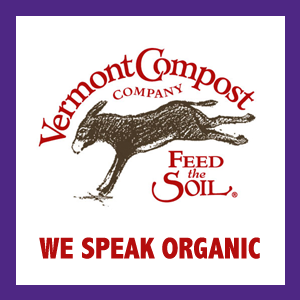In a farm's bookkeeping system, distinguishing between revenue expenses and capital expenses matters. In my visits with beginning farmers, I often find these two items blended together.
Because revenue expenses are associated with the day-to-day operation of the business, they are incurred every year. Capital expenses are incurred infrequently, so they don't reflect on the profit performance of the business in any one given year. It is important to track them separately.
Capital expenses *are* accounted for each year using depreciation. Under current tax laws, business owners can "depreciate" some capital expenses in a single year; however, this doesn't mean that the entire depreciation expense should show up in your income statement. (An income statement allows you to calculate your farm's "net farm income," or the amount of "profit" your farm gave you over the past year in return for the labor, expertise, and capital you invested in it; it is the key measure for comparison of year-to-year financial performance.)
Many business owners confuse the amount of depreciation taken for taxes with the depreciation requirements of an income statement. The depreciation taken on an income statement should represent the actual change in value of the asset in a given year. You can calculate this with the following formula, in which the salvage value is the price you could get for the equipment after the life of the investment:
While depreciation can be a good approximation of the capital expenditures necessary to maintain the asset base of your farm, this is not necessarily the case for new and rapidly expanding operations, where large initial investments are required. As the business stabilizes, the approximate value of the assets that need to be replaced each year should be represented by depreciation; a profitable, sustainable business needs to plan for asset replacement.
Keep in mind that capital expenses do have an impact on cash flow. In your cash flow budgeting process, you need to account for the capital expense in the year that you spend the money. But when you assess business performance, use the formula above to calculate that expense.
- Revenue expenses are those expenses associated with the day-to-day operation of the business;
- Capital expenses apply to the purchase of assets such as property, buildings, or equipment - fixed assets with a long-term use.
Because revenue expenses are associated with the day-to-day operation of the business, they are incurred every year. Capital expenses are incurred infrequently, so they don't reflect on the profit performance of the business in any one given year. It is important to track them separately.
Capital expenses *are* accounted for each year using depreciation. Under current tax laws, business owners can "depreciate" some capital expenses in a single year; however, this doesn't mean that the entire depreciation expense should show up in your income statement. (An income statement allows you to calculate your farm's "net farm income," or the amount of "profit" your farm gave you over the past year in return for the labor, expertise, and capital you invested in it; it is the key measure for comparison of year-to-year financial performance.)
Many business owners confuse the amount of depreciation taken for taxes with the depreciation requirements of an income statement. The depreciation taken on an income statement should represent the actual change in value of the asset in a given year. You can calculate this with the following formula, in which the salvage value is the price you could get for the equipment after the life of the investment:
While depreciation can be a good approximation of the capital expenditures necessary to maintain the asset base of your farm, this is not necessarily the case for new and rapidly expanding operations, where large initial investments are required. As the business stabilizes, the approximate value of the assets that need to be replaced each year should be represented by depreciation; a profitable, sustainable business needs to plan for asset replacement.
Keep in mind that capital expenses do have an impact on cash flow. In your cash flow budgeting process, you need to account for the capital expense in the year that you spend the money. But when you assess business performance, use the formula above to calculate that expense.




 RSS Feed
RSS Feed
